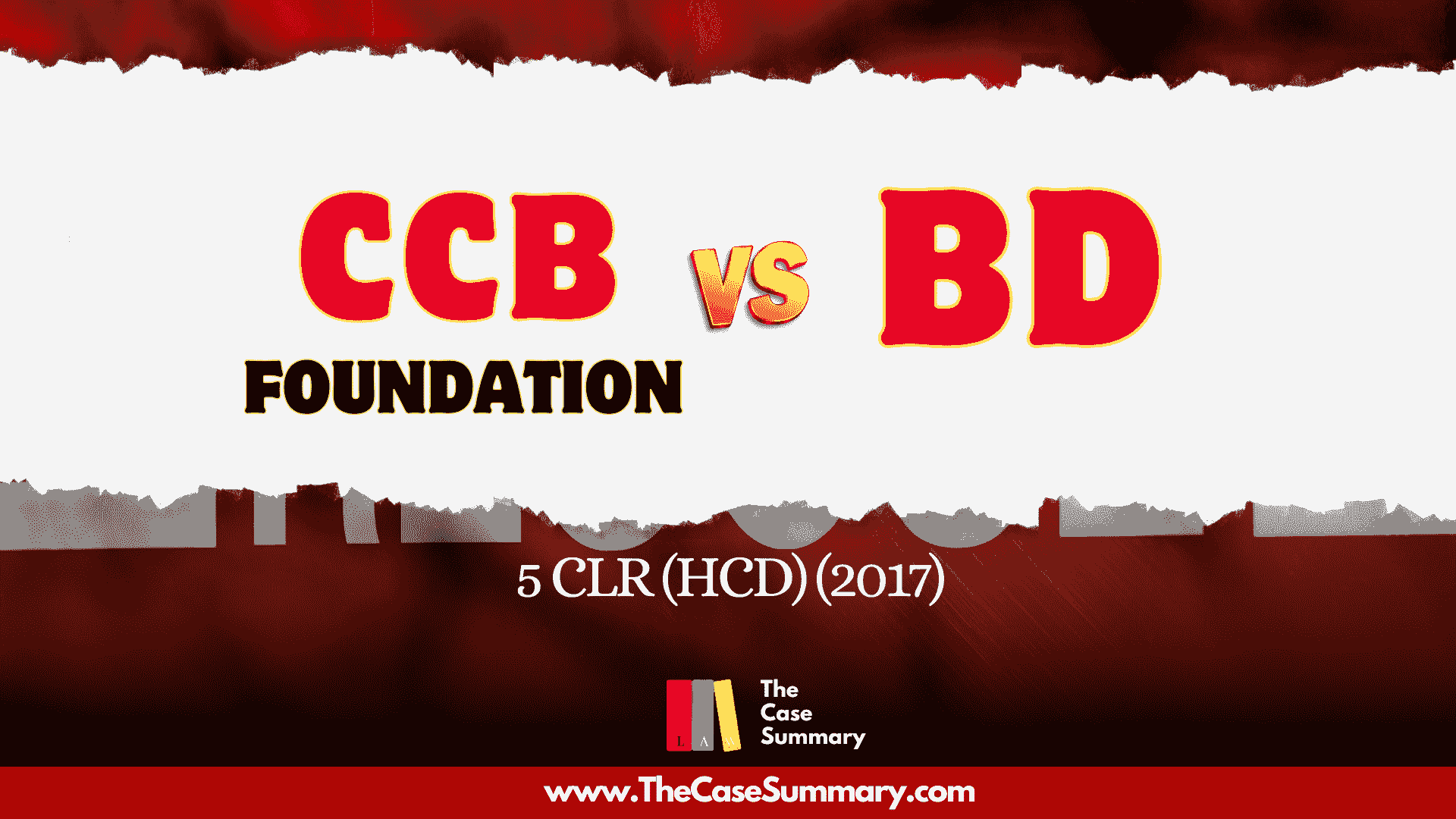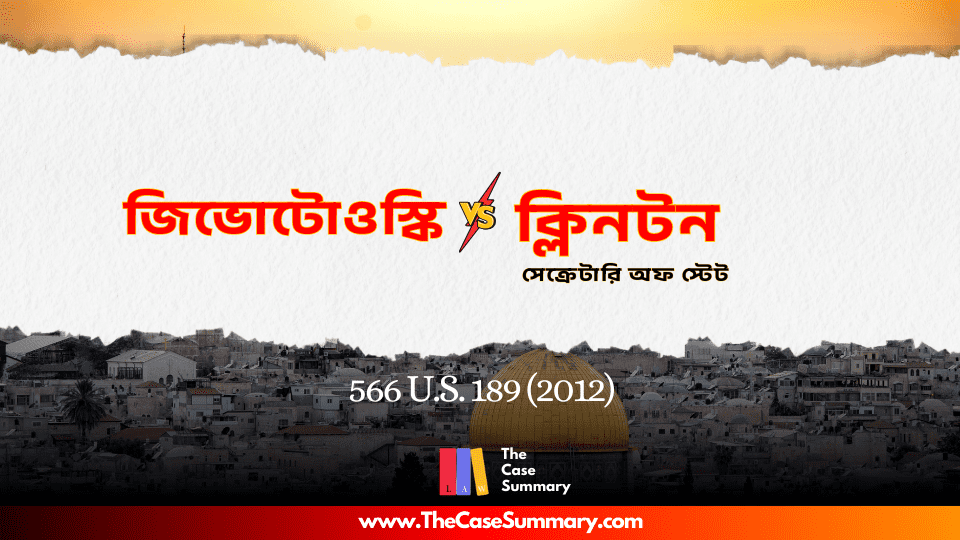CCB Foundation vs Bangladesh and others
Citation : 5 CLR (HCD) (2017)
Jurisdiction : Bangladesh
Petitioner : Children’s Charity Bangladesh Foundation (CCB Foundation)
Respondents : Bangladesh and others (notably – Bangladesh Fire Service and Civil Defence, Bangladesh Railway, and Dhaka WASA)
Facts :
On December 26, 2014, a four years old boy named Jihad fell into an uncovered shaft while playing at Shahjahanpur Railway Colony. The shaft was left uncovered and unattended by contractors employed by the Bangladesh Railway. Although a rescue operation began soon, the Fire Service and Civil Defence lacked expertise and technology for such a situation. They sent down a camera through the shaft to observe Jihad’s condition. But the camera malfunctioned. Instead of making any fruitful attempt to rescue the boy, they brought another camera to observe his condition. This “showdown” went on for 10-12 hours before they halted the rescue operation and stated to the media that there was nobody trapped in the shaft. However, after their departure from the scene, a group of volunteers were able to pull out the lifeless body of Jihad from the shaft with a device made by themselves.
CCB Foundation filed a writ petition in the form of a PIL (Public Interest Litigation) and a rule was issued under Article 102 of the Constitution for the respondents to show cause as to why the inaction/ negligence of the respondents in rescuing Jihad should not be declared illegal and a violation of his fundamental rights guaranteed by Articles 31, 32 and 36, and as to why the respondents should not be directed to pay BDT 3,000,000 to his family as compensation (among other directions).
As per the rule, each respondent submitted an affidavit defending themselves. Fire Service and Civil Defence claimed that such incidents were rare, their personnel were not familiar with such rescue operations and also lacked high-tech cameras used for such operations. They claimed that they were not negligent as they tried their best despite their shortcomings. Bangladesh Railway claimed that the shaft was left uncovered by a third-party contractor who had been relieved after the accident.
Issues :
1. Did CCB Foundation have locus standi for filing this petition?
2. Was the death of Jihad a result of the negligence of the respondents?
3. Can a compensation claim be made against public authority for the breach of statutory/ constitutional duty under writ jurisdiction?
4. How to fix the amount of compensation in such a case?
Decisions :
The High Court Division held that CCB foundation had locus standi as the petition was related to a grave public injury as well as a violation of fundamental rights guaranteed by the Constitution. The Court also held Fire Service and Civil Defence, and Bangladesh Railway liable for negligence. The maxim “res ipsa loquitur” and the principle of strict liability were applied, as the respondents had control over the cause of mischief. Farah Mahbub J stated, “The accident itself constitutes reasonable evidence of negligence in the particular circumstances.”
The Court also dismissed the defence of lack of training and equipment by the fire service, stating, “By making a mere statement that they did not have proper expertise in the matter in question, cannot go to absolve them from their public duties as well as liabilities, which have been casted upon them by the statute.” Bangladesh Railway was held vicariously liable for the negligence of the contractor employed by them. However, Dhaka WASA was not held liable, as they had nothing to do with the maintenance of the shaft. Nor did they have any statutory responsibility for rescue operations.
The High Court Division, by interpreting Articles 44 (1) and 102 (1), concluded that the Court was under constitutional obligation to provide remedy, in case of violation of fundamental rights. However, the type of remedy is up to the discretion of the Court. Citing some Bangladeshi and Indian cases as well as the Constitution, it was decided that there was no bar on the Court’s power to grant compensation against a public authority for breach of statutory/constitutional duty. Citing the case Bangladesh Beverage Industries Ltd. vs Rowshan Akter [62 DLR (HCD) (2010) 483], it was decided that compensation awarded under Article 102 of the Constitution has to be determined in a lump sum and not on calculation.
The negligence of the public authorities resulting in the death of Jihad was declared illegal. Fire Service and Civil Defence, and Bangladesh Railway were ordered to pay BDT 2,000,000 in total (BDT 1,000,000 each) to Jihad’s family as compensation.
Relevant Law :
- The Constitution of the People’s Republic of Bangladesh
- Article : 44(1), 102(1)
Author :
1. S.M. Monzur Morshed
Note : The Case Summary is a platform by the law students, for the law students. We aim to summarize the facts and decisions of various important cases in both Bangla and English with utmost caution. However, this platform is in no way a replacement for going through the complete judgements by the law students and we discourage any learner from relying on case summaries alone. Thank you



